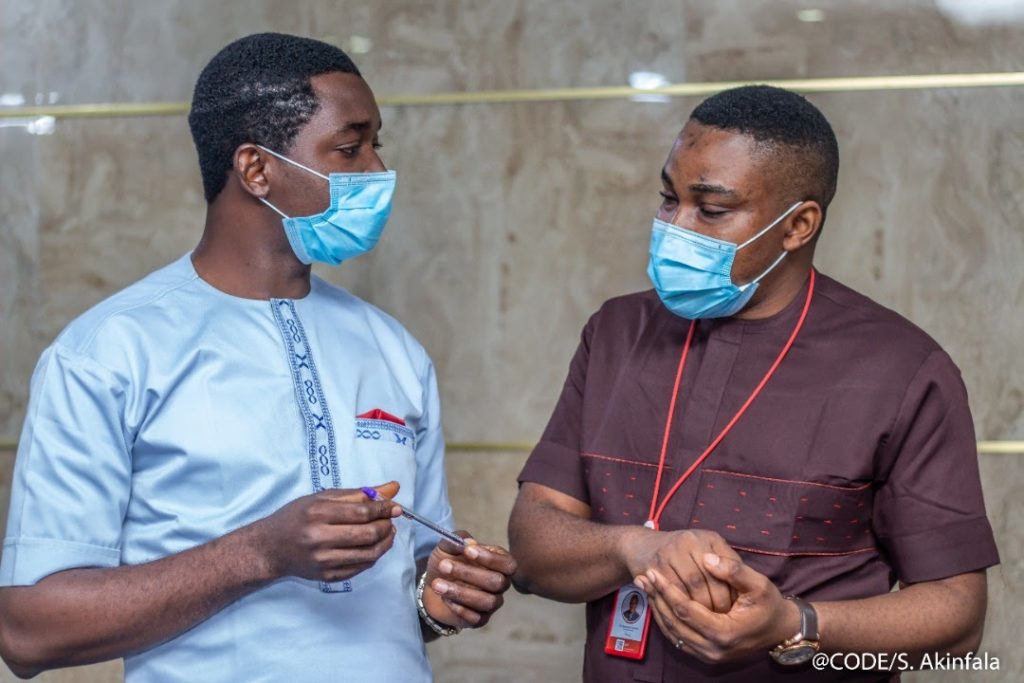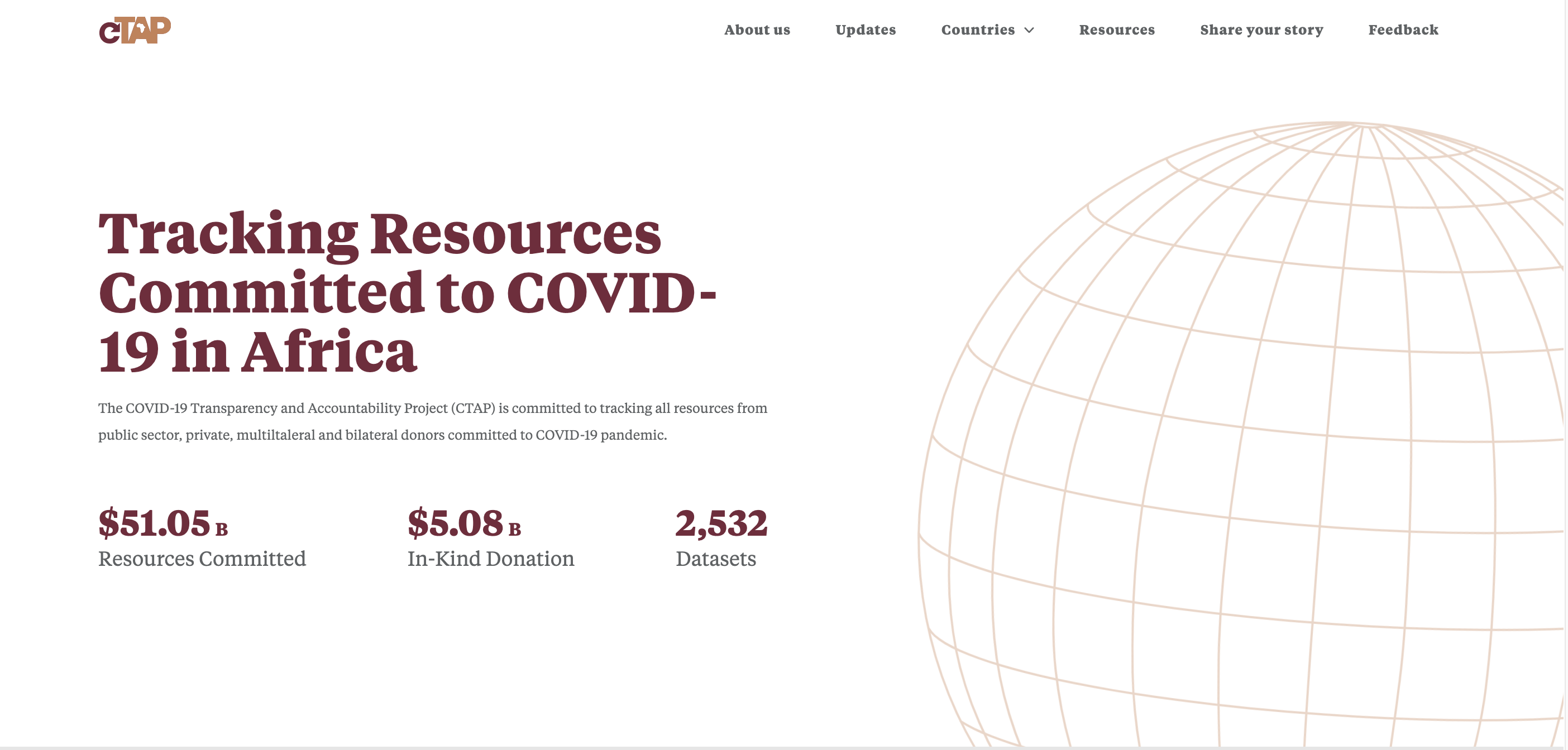- +234 09291 7545
- info@connecteddevelopment.org
Ani, Nwachukwu Agwu
President Buhari could leave a disreputable legacy if he does not assent to the Federal Audit Service Commission Bill (FASCB)
Perhaps, because President Buhari is a retired General, many Nigerians see him as a strongman. He was a Brigade Major at the 3rd Infantry Brigade in Nsukka during the Nigerian-Biafra war. Later on, in 1983, he plotted a successful coup d’état that aborted Nigeria’s Second Republic on claims of widespread corruption. Of course, coups begets coups. General Buhari was later toppled. Today, he is a politician, an elected president, a “democrat”.
Being careful of his new image, the president is uncertain of how he will be remembered after his tenure. He wants to be treated fairly and kindly by history, Nigerians and indeed humankind. Having won elections in 2015 and 2019, he knows that being remembered as a military dictator is no longer fashionable. Could he successfully erase his past as a coupist that overthrew an elected government.

It is no news that political leaders want good legacies after active service. They want to be reckoned with as builders and statesmen who provided public services and listened to the people. But this is not the norm in Nigeria’s political sphere. Otherwise, why are they not uplifting lives, creating wealth and respecting the social contract as obtainable in advanced democracies? Instead, many of them promote political vulgarity; corruption, mistrust and poverty. If politicians passionately care about what legacies they would leave behind, they would govern differently. But good legacies aren’t cheap.
World history teaches us that when President Franklin D. Roosevelt presented himself for election in the middle of the great depression, he knew the challenges, risks and opportunities but he dared. With time, he succeeded – becoming the 32nd President (1933-1945) of the USA. Against the odds in this era, President Roosevelt helped Americans regain faith in themselves and their systems by defeating the great depression – the worst economic crisis in America’s history. Also, he famously “ended” World War II.
Back to President Buhari. In Nigeria, our dilemma is corruption – how to end public theft. In 2015 when the President presented his tripodal agenda: Reducing Insecurity, Fighting Corruption and Economic Diversification; upon which he defeated an incumbent president, Nigerians believed him and gave him the constitutional mandate. As such, President Buhari’s legacy would be judged by the tripodal agenda, especially “Fighting Corruption”.
Nigerians would remember him for his anti-corruption policies and positions, including his action or inaction to implement the Federal Audit Service Commission Bill (FASCB). The bill was passed by the National Assembly (House of Representatives – April 2016 and Senate – May 2019) and transmitted to him for assent. Since then, the President has neither assented (signed it into law) nor declined assent. The President’s silence on FASCB is worrisome because corruption continues to rob Nigerians of opportunities to live prosperous lives.
Historically, before the military intervention of 1967, the Audit Ordinance of 1956 was the statutory instrument empowering the Audit Office to discharge its mandate. At the time, the Audit Office had fewer encumbrances and discharged its responsibilities effectively and efficiently. Military interventionists changed the landscape of audit administration by abolishing the National Assembly that houses the Public Accounts Committee in democratic administrations.
In the second republic (1979 to 1983), appreciable progress was made through the 1979 Constitution to re-engineer and re-position audit administration in the country. The 1979 constitution gave the Audit Office extensive powers to audit all public funds and public institutions without exception. For example, section 79(2) of the 1979 constitution states inter alia: “The public accounts of the Federation and all offices, courts and authorities of the Federation, including all persons and bodies established by law entrusted with the collection and administration of public money and assets, shall be audited and reported on by the Auditor-General”.
Sadly, the coup of 1983 led by the General Buhari-Idiagbon regime brought a serious setback to the Audit Office and audit administration. In the Buhari-Idiagbon regime, the powers of the Auditor-General were watered down with the promulgation of Decree 17 of 1985 that prevented full audit coverage of public funds and institutions. Without doubts, this provision that exempts some agencies from the scrutiny of the Auditor-General is an impediment to effective public audit administration in Nigeria.
Since the fourth republic (from 2001 till date), the National Assembly has spent huge resources – material and otherwise, to amend Nigeria’s audit law, but none of these efforts has been successfully done. The failure of successive administrations to amend or enact a modern audit law to complement the provisions of the 1999 Constitution is a major impediment to the effective management of public funds.
Nonetheless, President Buhari has a window to right his past wrongs. He should exploit the renewed agitations by Nigerians and civil society led by Connected Development (CODE) under its Money Trail Project to append his signature to the Federal Audit Service Commission Bill (FASCB) and give the commission all required political backings to subject all government agencies to yearly audit processes, scrutiny and accountability. There is no better way to fight corruption than instituting process-led anti-corruption policies or laws and giving teeth to the laws.
For three reasons, President Buhari has a moral burden to sign the FASCB. First, it will largely influence how he will be remembered. Two, a new audit law will redeem and repair his infamous role in the past when he enacted Decree 17 of 1985 which effectively withdrew the power of the Auditor General to audit statutory agencies, commissions, established by law. The third reason is the institutionalisation of the rule of law in resource/fiscal governance – that no government agency can afford fiscal recklessness and go scot free. The ball is in his court!
Like President Roosevelt, Buhari should help Nigerians regain faith in themselves and their systems especially in this era of pervasive depreciation of trust in public institutions – ministries, departments and agencies. For this to happen, the Federal Audit Service Commission Bill (FASCB) should be signed into law without further delay or complacency. This is one way President Buhari will be remembered!
Author: Ani, Nwachukwu Agwu: Mr Ani writes from Enugu. He’s a doctoral candidate at the Institute for Development Studies (IDS), University of Nigeria. He can be reached via his email: nwachukwu@gmail.com.
Related
Connected Development is an initiative that is passionate about empowering marginalised communities.
Comments (02)
Leave a Reply Cancel reply
This site uses Akismet to reduce spam. Learn how your comment data is processed.



CHP Hatay Milletvekili ve Kadın Erkek Fırsat Eşitliği Komisyonu üyesi Şahin, Türkiye’de 65 ve daha yukarı yaştaki nüfusun 5 yılda.
TÜRK SİNEMASININ EN SEKSİ KADINI ”Nurgül”.
AKDENİZ’İN TARİH KÜLTÜR EĞLENCE ADASI.
GALATASARAY’IN MUHTEŞEM ŞAMPİYONLUĞU. NEŞET
ERTAŞ ANISINA UNUTULMAZ TATLISES’Lİ DAKİKALAR. ATHENA ” HER ŞEY GÜZEL OLACAK ” DİYOR.